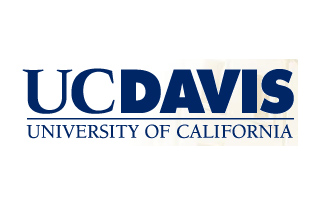
Flavanols apparently elevate a population of certain cells in the blood. Such foods may hence aid in restoring the inner walls of blood vessels, boosting blood flow and positively lowering blood pressure. Previous analysis ascertained intake of flavanol-rich foods and beverages to improve blood flow and decrease blood pressure in patients. During the current study, scientists seem to find that even nutrients affect the production of circulating angiogenic cells.
Carl Keen, a University of California, Davis nutrition professor and co-author said, “We were pleased, but not surprised, to find that when study participants consumed the flavanol-rich cocoa beverage, rather than a matched control drink with low levels of flavanols, they experienced a significant improvement in the function of the endothelium or lining of the blood vessel wall.”
Angiogenic cells known as undifferentiated cells in the initial stages are believed to be produced in the bone marrow. It is assumed that in the blood stream these cells develop into endothelial cells that line arteries and vessels. In the course of the study, volunteers were made to consume a cocoa beverage two times a day for a month. The beverage was sometimes rich in flavanols and sometimes it had low levels.
Neither the participants, nor the experts were aware about the levels of flavanols till the completion of the study. Before conducting the study, investigators calculated endothelium function, circulating angiogenic cell production, blood chemistry, heart rate and blood pressure. These measurements were taken during and at the end of the investigations.
Keen enlightened, “The flavanol-rich cocoa was strikingly effective in mobilizing the participants’ circulating angiogenic cells, which are thought to help repair the endothelium. The effect was on par with medical treatments involving statins and estrogen — and similar to the effects of lifestyle changes such as increasing exercise and stopping smoking, all of which are currently recommended for patients with coronary artery disease.”
The scientists discovered improvement by more than 47 percent in the function of the endothelium that was measured by dilation of the artery. This growth was registered after the intake of the high-flavanol cocoa drink. It was observed that development of the angiogenic cells elevated twice as much as following consumption of the flavanol-rich drink than to the low-flavanol drink.
A considerable decrease in blood pressure levels was monitored on consumption of the high-flavanol beverage. Further investigations encompassing long-term dietary intervention studies analyzing the effects of high-flavanol diets on cardiovascular health will be triggered.
The study is published in the July issue of the Journal of the American College of Cardiology.
